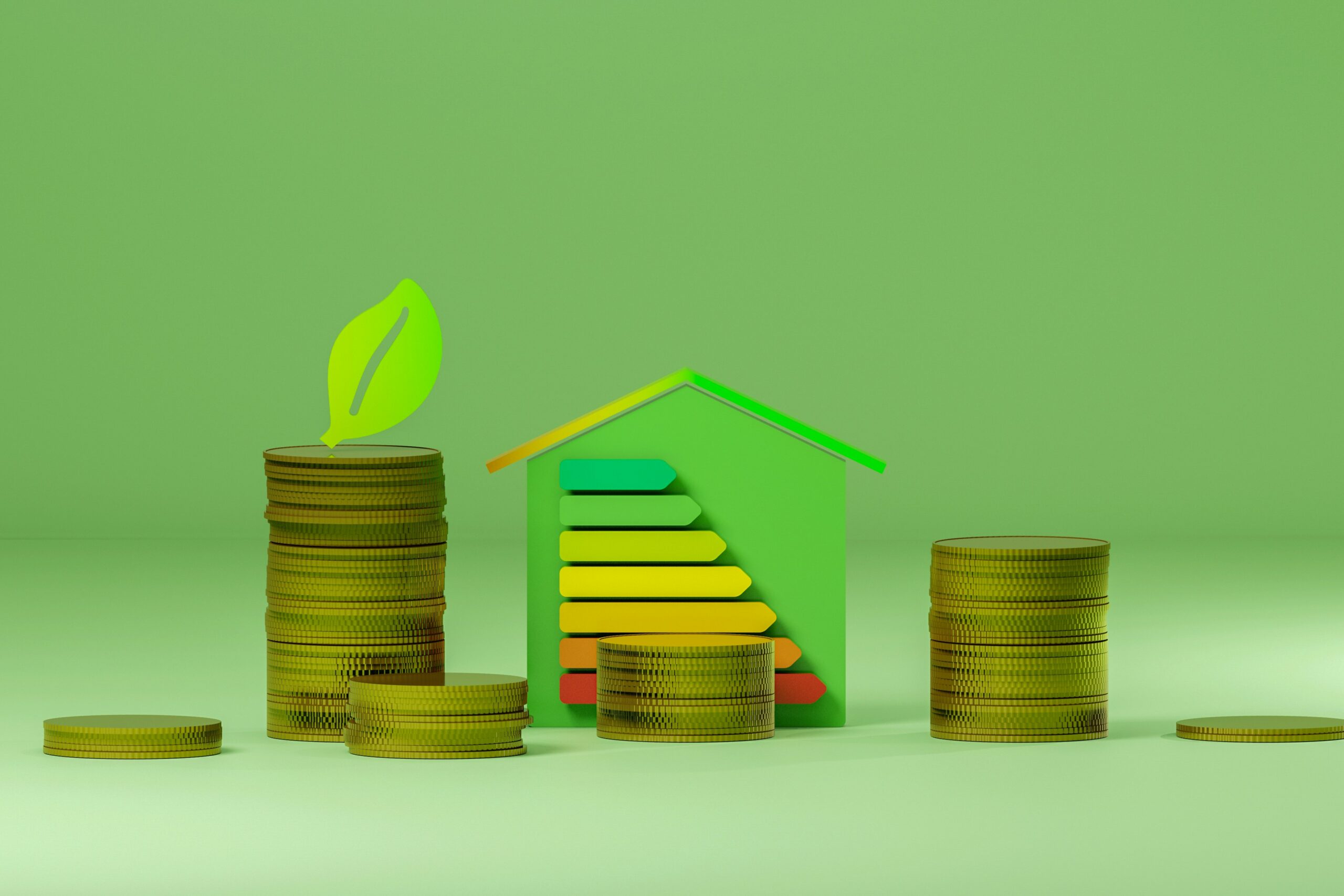
The global real estate market offers investors many opportunities driven by economic growth, urbanization, and evolving market demands. Investors can maximize returns and diversify their portfolios by staying informed about trends and leveraging these opportunities. However, understanding the factors shaping these markets is crucial for making informed decisions.
Emerging Market Trends
Real estate investment trends constantly evolve, influenced by demographic shifts, technology, and environmental considerations. One key trend is the rising popularity of sustainable and energy-efficient properties. With climate change becoming a significant concern, investors prioritize developments incorporating eco-friendly practices. For instance, green buildings with advanced energy-saving technologies attract tenants and buyers, increasing demand and property values.
Another significant trend is the expansion of mixed-use developments. These properties combine residential, commercial, and recreational spaces in one location, catering to modern consumers who value convenience and accessibility. Mixed-use projects often thrive in urban areas, where land availability is limited but demand for integrated spaces is high. This trend is particularly noticeable in cities undergoing rapid urbanization.
Technological Disruptions
Technology adoption has transformed how real estate is marketed, managed, and operated. Digital platforms and tools, such as virtual tours and blockchain-based transactions, are reshaping the industry. Virtual tours allow investors to explore properties remotely, saving time and resources. Moreover, blockchain technology ensures secure and transparent transactions, reducing fraud risks and streamlining the buying process.
PropTech—short for property technology—has also gained traction, providing solutions for property management, tenant engagement, and investment analysis. For example, data analytics tools can predict market trends, helping investors identify lucrative opportunities. These innovations enhance efficiency and improve the overall experience for all stakeholders involved.
Opportunities in Global Markets
Investors seeking high returns are increasingly looking beyond their domestic markets. Due to rapid economic growth and urbanization, emerging economies such as India, Brazil, and Vietnam offer promising opportunities. These regions often present lower entry costs and higher potential for appreciation, making them attractive for real estate investment.
In contrast, developed markets like the United States, Germany, and Japan continue to attract institutional investors due to their stability and established infrastructure. New York, Berlin, and Tokyo remain commercial and residential real estate hotspots. However, investors must stay vigilant about local regulations, tax implications, and market dynamics to navigate these markets successfully.
The Rise of Alternative Investments
Alternative investments are complementing traditional real estate assets such as office buildings and retail spaces. Properties like data centers, student housing, and senior living facilities are gaining traction among investors. These sectors cater to niche markets with consistent demand and offer stable income streams.
For instance, the surge in digital connectivity has boosted the demand for data centers, while aging populations in many countries drive the need for senior living facilities. By diversifying into these specialized sectors, investors can mitigate risks and capitalize on emerging opportunities.
Challenges and Risk Management
While the global real estate market presents numerous opportunities, it has challenges. Economic volatility, geopolitical tensions, and currency fluctuations can impact investment performance. Additionally, regulatory changes and zoning restrictions may pose hurdles for developers and investors.
Investors should adopt a strategic approach to mitigate risks. Conducting thorough market research, diversifying portfolios, and collaborating with local partners can help navigate uncertainties. Furthermore, leveraging professional advice and staying informed about global trends can enhance decision-making processes.
Sustainable Investing
Sustainability has become a cornerstone of modern real estate investment. As governments and organizations push for carbon neutrality, sustainable properties are emerging as a key focus. Buildings with energy-efficient systems, renewable energy sources, and eco-friendly designs are in high demand. This shift benefits the environment and enhances property value and tenant satisfaction.
Green financing options, such as green bonds and sustainability-linked loans, encourage investors to adopt eco-friendly practices. By prioritizing sustainability, investors can align with global trends while achieving long-term financial gains.
The global real estate market offers a dynamic landscape filled with opportunities and challenges. By understanding emerging trends, leveraging technological advancements, and diversifying portfolios, investors can position themselves for success. While risks exist, adopting a strategic and informed approach can help navigate complexities and unlock the full potential of real estate investment. With careful planning and a focus on sustainability, the future of global real estate investment looks promising.